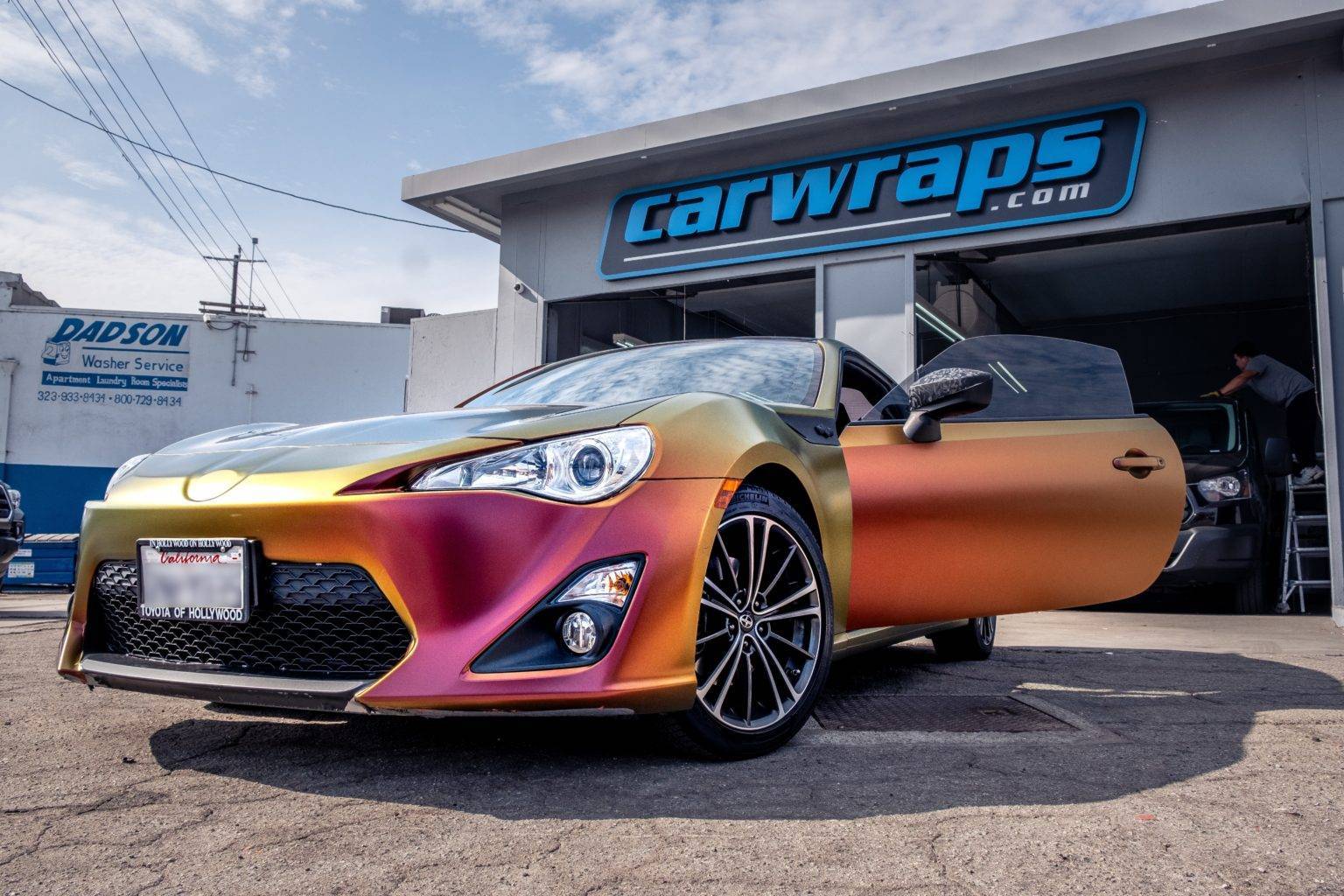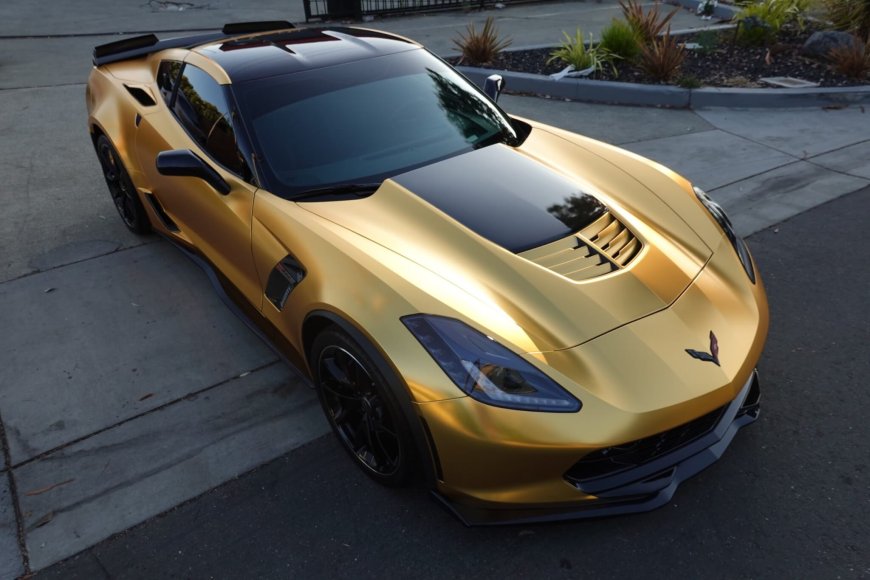The Art of Car Wrapping
What is Car Wrapping?

-
Variety of Options: From matte to gloss, and even custom graphics, wraps offer more flexibility than traditional paint.
-
Protection: Wraps protect the original paint from UV rays, minor scratches, and contaminants.
-
Reversibility: If you tire of the wrap, it can be removed without damaging the original paint.
The Wrapping Process
-
Preparation: The car must be thoroughly cleaned and any imperfections on the paint surface should be addressed.
-
Application: The vinyl is carefully applied to the car, ensuring there are no bubbles or creases.
-
Post-Application: The wrap is heated to ensure it adheres properly and trimmed to fit perfectly.
Costs of Car Wrapping
|
Vehicle Size
|
Estimated Cost (USD)
|
|
Small (e.g., Mini)
|
$2,000 -$3,000
|
|
Medium (e.g., Sedan)
|
$3,000 -$4,500
|
|
Large (e.g., SUV)
|
$4,500 -$6,000
|
The Classic Appeal of Car Spray Painting
What is Spray Painting?

-
Durability: High-quality paint jobs can last for years with proper care.
-
Finish Quality: When done by professionals, spray painting can provide a smooth, even finish.
-
Customization: Custom paint jobs can be as unique as you desire, with endless color options and finishes.
The Spray Painting Process
-
Preparation: Sanding, priming, and sometimes stripping the old paint are necessary steps to prepare the surface.
-
Painting: Multiple layers of paint and clear coat are applied to achieve the desired finish.
-
Curing: The paint must cure, which can take anywhere from a few days to a few weeks.
Costs of Spray Painting
|
Quality/Type
|
Estimated Cost (USD)
|
|
Basic Paint Job
|
$500 -$1,000
|
|
Standard Paint Job
|
$1,000 -$3,500
|
|
Showroom Quality
|
$3,500 -$20,000+
|
Making the Decision: Wrap or Paint?
Factors to Consider
-
Budget: Wraps are generally more affordable but may need to be replaced sooner than a high-quality paint job.
-
Longevity: Painted finishes typically last longer but come with a higher initial cost.
-
Customization Needs: If you want intricate designs or specific colors, wrapping might offer more flexibility.
Maintenance and Care
-
Washing: Regularly wash your car by hand or use touchless car washes to avoid damage.
-
Protection: Use protective waxes and sealants to maintain the finish.
-
Storage: Whenever possible, store your car in a garage or use a car cover to protect it from the elements.
